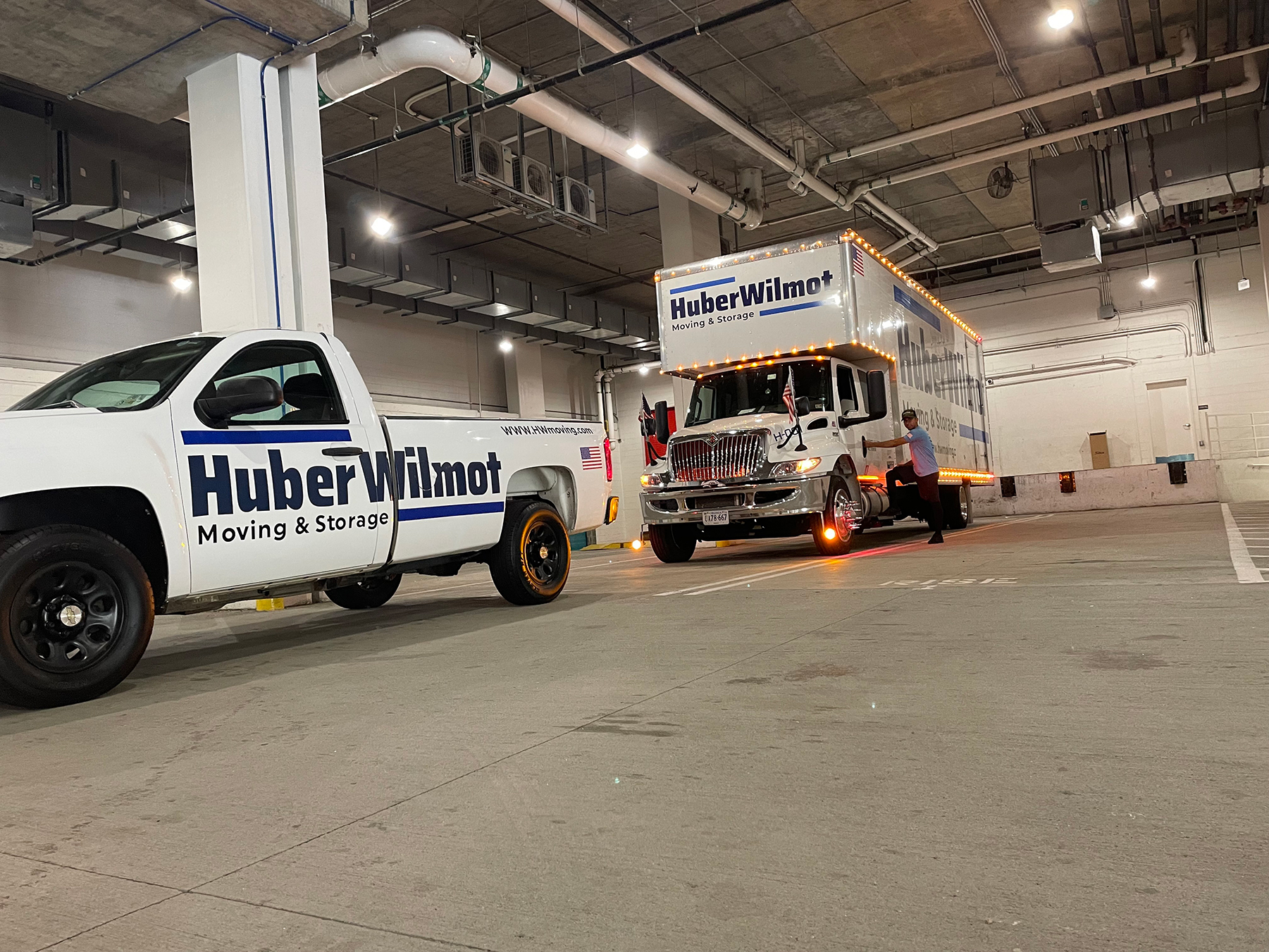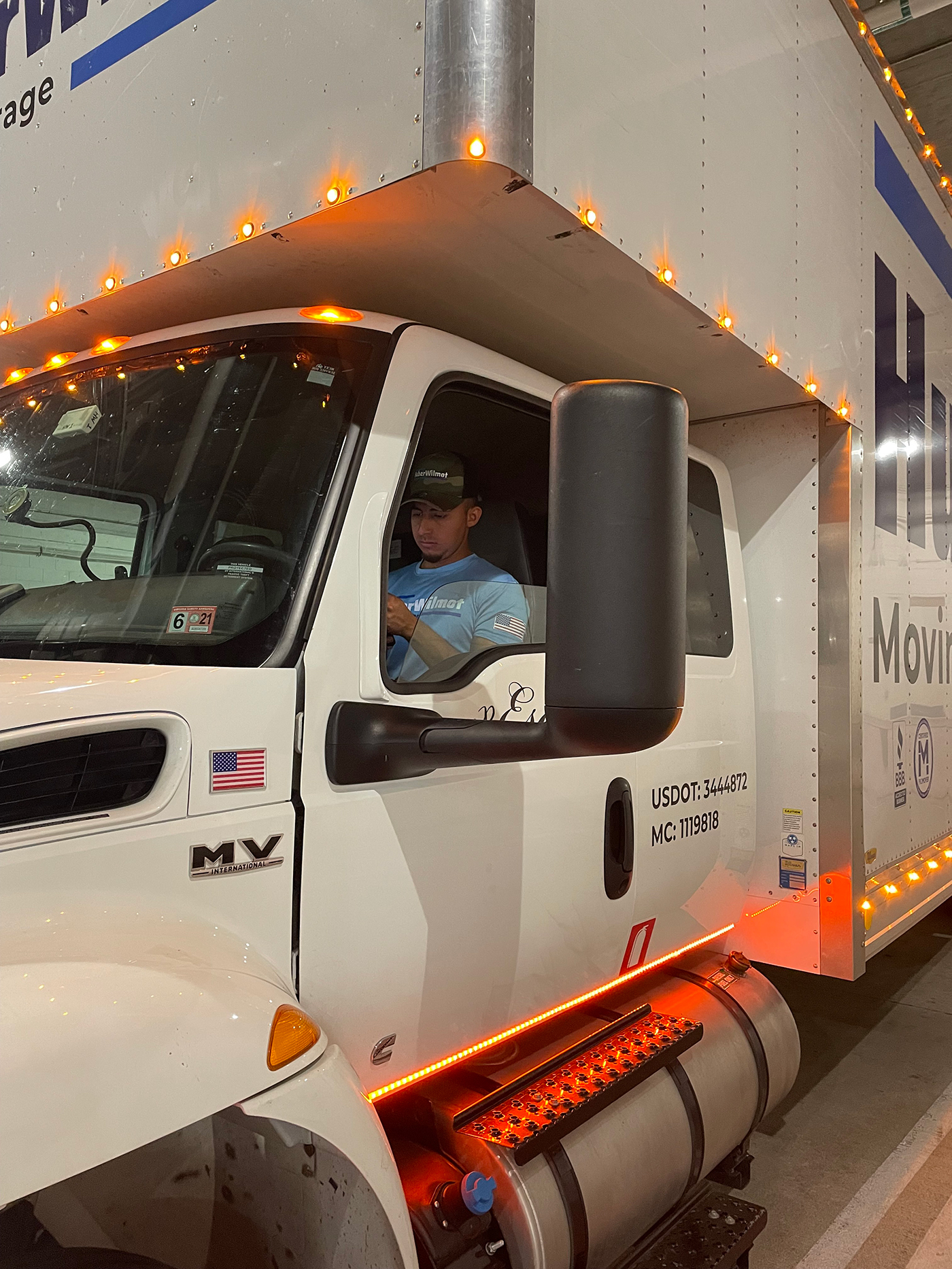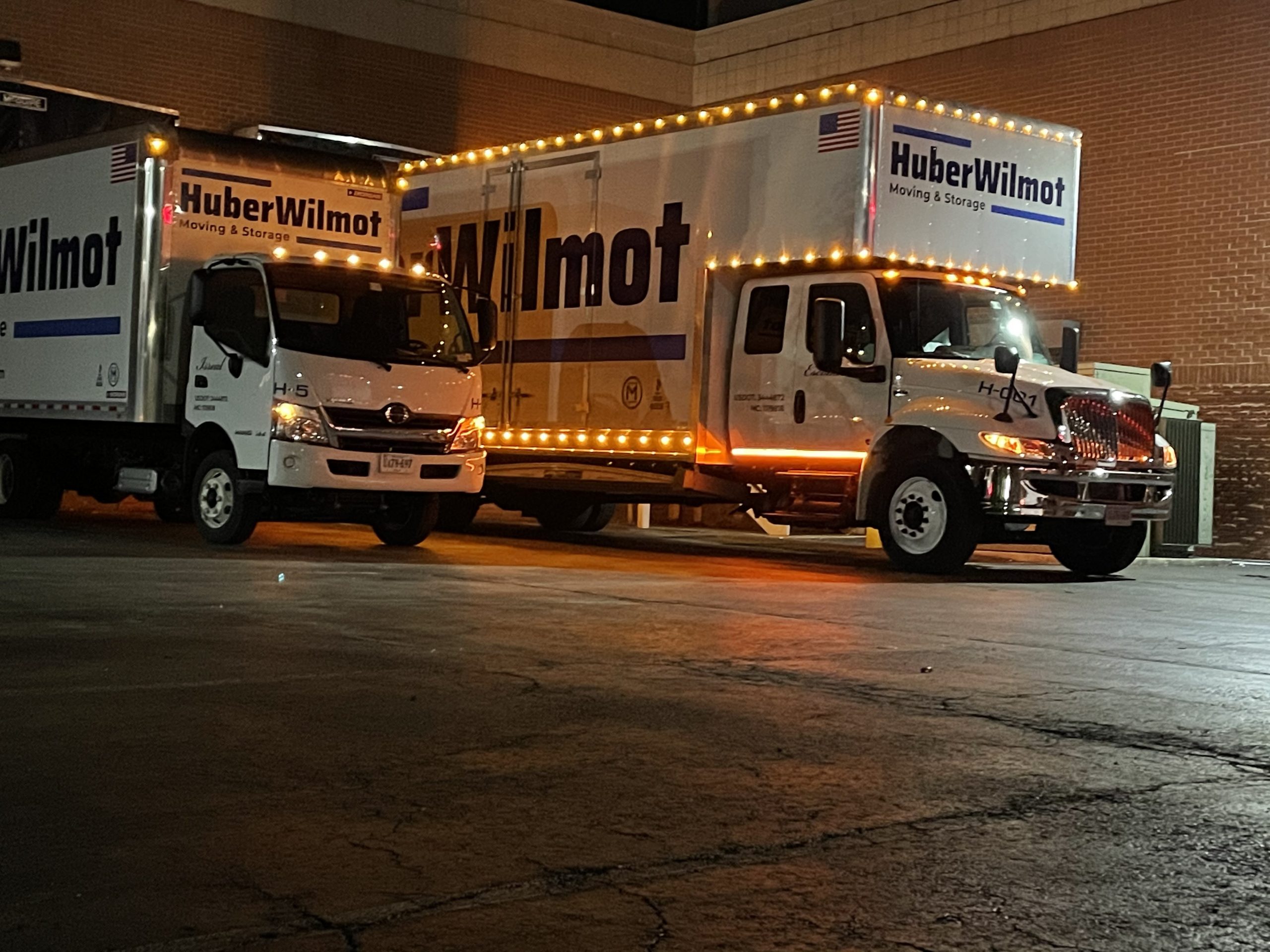Packing Tips for Moving
Packing Tips for Moving
As you get ready for moving day, packing all of your belongings you have accumulated over the years can feel like the most daunting of tasks. Moving is an exciting time in your life and you shouldn’t let packing be what gets you down.
As expert movers and packers in Northern Virginia, here at HuberWilmot, we have compiled our best tips and tricks for packing with ease that will save you time and stress!
Start Packing As Soon As Possible
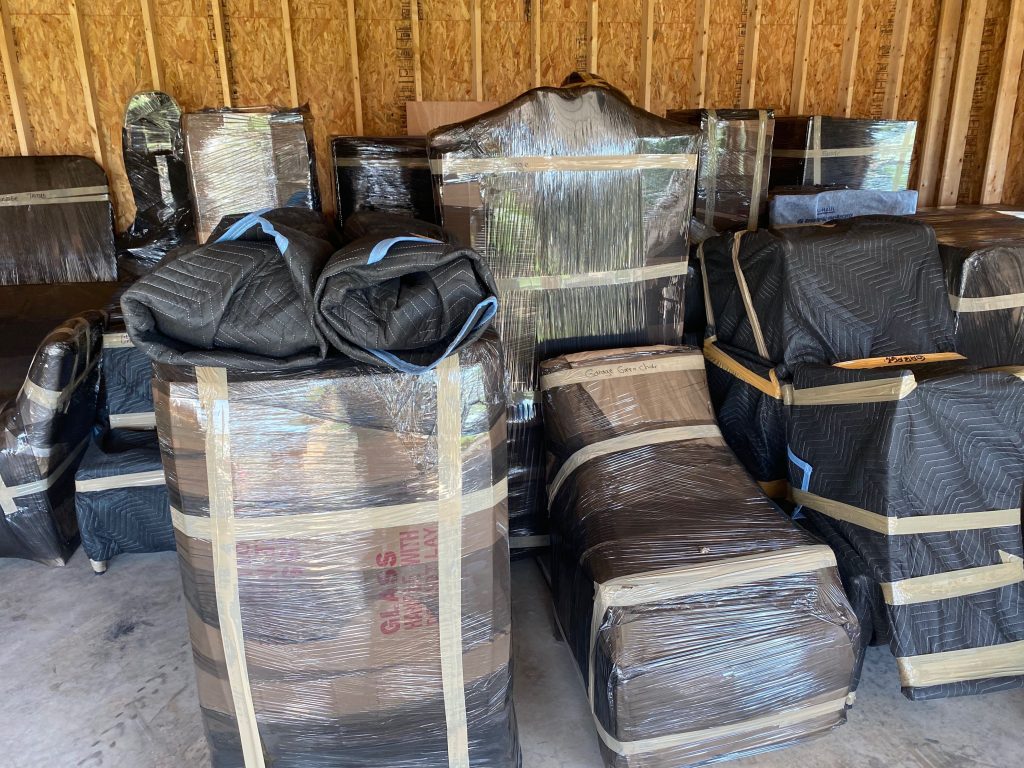
As soon as you know that you will be moving, you want to begin creating an action plan for how you will get all of your items packed before moving day. Take this time to sit down and make your game plan for how you will achieve everything before your move.
Starting your packing early and going in with an action plan is crucial in having a successful move.
Declutter Before You Pack
Before you start packing, take this opportunity to evaluate what you really want to go into your new space. Decluttering your items before you pack can save you a ton of space which is highly beneficial.
Having fewer items means fewer packing materials you will need and, if you are hiring a moving company, will end up saving you money on your move as most moving quotes are determined by the weight of your items.
Take It Room By Room
As we mentioned before, packing can be overwhelming. Trying to take on your entire home at once will just leave you stressed out. By giving yourself enough time in advance to pack, you can section out your packing room by room and plan each day to tackle one or two rooms leading up to moving day.
Create an Inventory List
It is a good idea to keep a running inventory of your items as you pack. By having this list, you can use it as a reference after moving day once you begin to unpack to ensure all of your items made it to your new home safely.
You can also go more in-depth and write about the condition of your items or take pictures just in case any damage is done to your belongings so you can easily file a claim.
Ask Around for Free Packing Supplies
One way to save money on your move is to ask family or friends if they have any spare cardboard boxes, plastic wrap, bubble wrap, plastic bags or any other packing materials. You can also go to your local grocery store, or even retail store, to see if they have any spare boxes from a recent shipment.
Invest In Packing Supplies for Valuable or Fragile Items
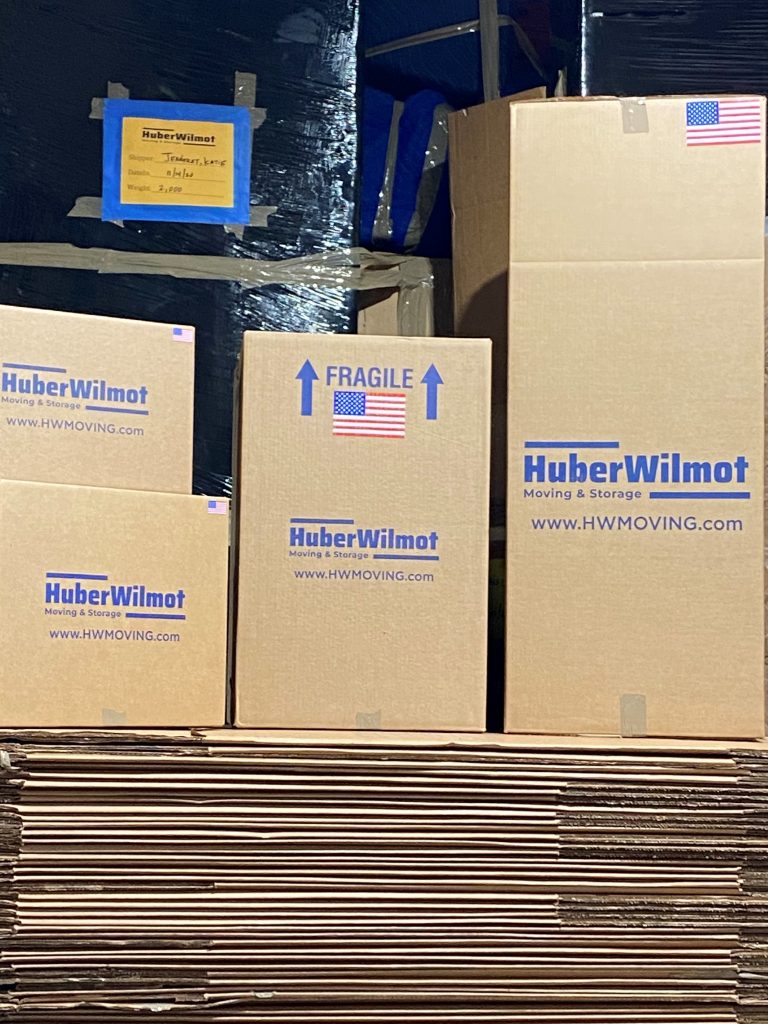
Contradicting to our last tip, for your valuable and/or expensive items, you want to invest in good professional-grade packing materials. If you are working with a moving company, they will typically sell these to you, or you can have the professional packing of these items be handled by the movers in your services.
Be Detailed in Your Labeling
It may seem like a hassle but making sure to be detailed when labeling your boxes as you pack, saying what room it is from and what items are in the box, will greatly help you and your movers once you begin to unload your belongings into your new home.
Color Code Your Boxes
Another way to be detailed in your labeling is to assign a color to all boxes that came from a particular room. For example, all boxes that came from your kitchen mark them blue with a marker or sticker.
This will help you stay even more organized and make it easier for you and your movers to determine which boxes go in what room.
Don’t Leave Empty Spaces in Your Boxes
As you pack, especially when you are packing delicate and fragile items, you want to make sure that you leave no spaces in between items in the box. Leaving spaces in your boxes can lead to damage during the move as things will tend to rattle and bump into each other if they are not packed tightly together.
Be Done With Packing Before Moving Day
This may sound like a given, but you should have all your packing done at least a day before moving day, two would be even better. When moving day finally comes, the last thing you need to be doing is last-minute packing. The moving process is already stressful, adding a time constraint will only make things worse.
Leave Your Clothes on the Hanger
A great way to save time on packing is by leaving your clothing items on the hanger when you pack clothes. By leaving them on the hanger all you have to do is wrap a garbage bag around your clothes and they are good to go.
Use Linen and Towels to Wrap Your Items
Make the most of the space while you pack boxes by using things like your linen and towels to wrap fragile items. In most cases, this works even better than the typical newspaper wrapping that most use.
Pack a “First Night” Bag
After everything has been moved in and the movers have left, the last thing you want to do is unpack. By packing a “first-night” bag of everything you will need for the first couple of nights in your new home, it will spare you from having to search through countless moving boxes trying to find your toothbrush.
Little Tips and Tricks for Packing
Here are just a few other tips and tricks for packing:
- Use a piece of string under your packing tape on boxes to easily remove the tape without the need of box cutters or scissors (make sure to leave excess string on the end for this to work).
- Pack combustibles and flammables separately from your other items (movers will not move them).
- Use straws to hold your jewelry to prevent tangling and damage.
- Pack your valuables separately and keep those with you instead of in the moving truck.
- When in doubt, use toilet paper to wrap your fragile items.
With our packing tips in mind, you’ll be able to save yourself some time and stress to enjoy this new milestone in your life.
Did you know...?
When should I begin contacting moving companies for free moving estimates?
Try to provide the moving companies with as much notice as possible, especially if you are moving during a busy summer season, as noted above. Six weeks from the actual move date is a great time frame for estimators to come into your home and complete a visual survey of your household goods shipment. It is also a good idea to add even more time to plan, if you are obligated by your employer to submit moving estimates for corporate relocation. Try to decide which mover you will use at least four weeks from your actual load day. Additionally, call the mover to confirm your booking and schedule your packing, loading and delivery dates. This time frame can be shortened if you are moving outside of the peak moving season (September 15 through May 15 are considered “off-peak” months, which generally featureless moving traffic).



